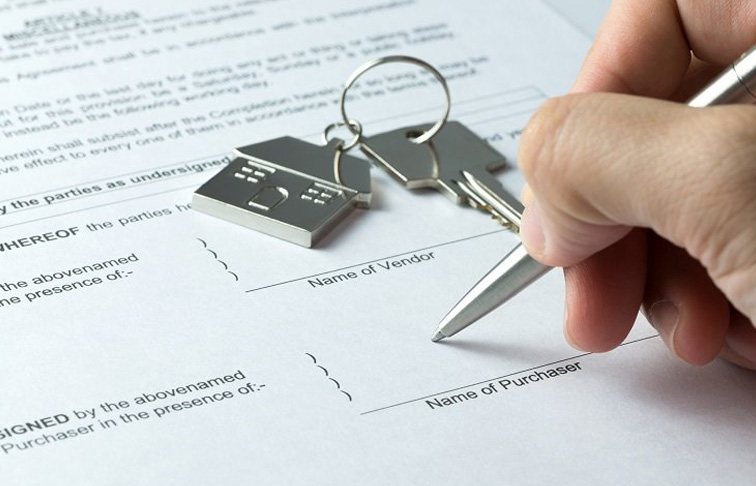Tuesday, February 17, 2026
Tuesday, February 17, 2026


Read time: 7 minutes.
Selling your
property or purchasing one may not be as easy as it looks. For a sale to be
legal and binding, several
factors have to be considered during purchase. Let us highlight these
conditions in this short contract to sell real property guide.
There are two major
contracts for buying or
selling a real estate property: Deed of Absolute Sale and Deed of Conditional
Sale.
This is a type of
contract in which the buyer provides full payment. After full payment, there will
be an immediate transfer from the property owner. This transaction
includes a deed of sale of land, a deed of
sale of land rights, and more.
When an installment
payment is arranged to purchase a property, a Deed of Conditional Sale is
agreed upon. This type of contract is also applied when the parties have a
condition before the complete ownership transfer.
Before establishing
a sale or interest in a deal, consider the parties involved. Carefully
scrutinizing the identity of the seller and the buyer is necessary for all
types of real estate transactions. Consider the following details.
If the seller is
married, their spouse should signify their consent over the sale. If consent is
not asked, the sale of the property is void. The family code states that if a
property is sold without the knowledge and full consent of the seller's spouse,
then the sale will be null. But the transaction will be classified as a
continuing offer which will only be completed after the seller's spouse agrees
to the deal.
If the spouse has
sold the property with their spouse's knowledge but not with consent, the contract
to sell is annullable. In this case, the seller's spouse is allowed up to 5
years from the contract date to go to court to annul the contract.
There's no need to
secure spousal consent when buying a property when it comes to the buyer. The
spouse will be automatically included in the Absolute Community of Property or Conjugal Partnership of
Gains.
During the time of
sale, all the parties involved must be of legal age (in the Philippines, a
person is of legal age when they reach 18 years old). The seller and the buyer must be of sound
mind and should be free from restrictions under guardianship.
Aside from the
conditions of the seller and buyer, you must also note the complete names of
the buyer or the seller, their addresses, civil status during the time of the
sale, and the Tax Identification Numbers of the involved parties.
Aside from the
identity/background of the parties, you must also check the property details. The buyer must look at three crucial factors.
The property's
address must include the lot and block number or house number, street name,
barangay, district, city, and zip code. Other types of addresses exist in rural
or remote areas, so be sure to consider the complete address. Visit the tax
assessor's office in the local city hall where the property is located if
you're unsure about the property's full address you wish to buy or sell.
The Transfer
Certificate of Title contains specific details of the property, such as all the geophysical elements, property
registration number, and the owner's identity.
Whether you're the
seller or the buyer, you must ensure that all the documents you have on hand
about the sale are accurate and genuine. You can tell that a TCT is confirmed
when the SN No. is in red. Check the page number located at the upper
right-hand of the page; the last two numbers should be the same as the previous
two numbers of the TCT. This certificate has a red-blue border, and this must
be slightly embossed, not flat.
The technical
description, including the property boundaries, should be specified. These will
be included in the owner's scope of ownership.
After determining
the identity of the parties involved in the transaction and the property’s description, you should also scrutinize the following.
The property price
is needed when assessing the capital gains tax of the property by the Bureau of
Internal Revenue. If the property's zonal value is higher, the BIR will use
this to compute the capital gains tax.
Take note that the
capital gains tax is 6% of the property's value. The seller must shoulder the
amount, but the buyer may decide to pay for it in some cases.
The buyer must settle the transfer of
property taxes in the local Register of Deeds or to a
local government office.
If the property is
sold on an installment basis, the downpayment amount must be indicated in the property sale
agreement or land purchase agreement.
Also, all parties should consider the method of installment
payment. In most cases, the buyer provides post-dated
checks for every amortization.
Join our mailing list to get the latest list of our available units, promos and newsletter!